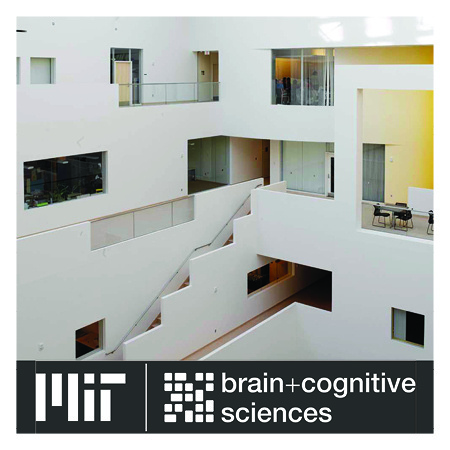
Cog Lunch: Anya Ivanova "Beyond linear regression: mapping models in cognitive neuroscience"
Description
Abstract:
Many cognitive neuroscience studies use large feature sets to predict and interpret brain activity patterns. Of crucial importance in this paradigm is the mapping model, which defines the space of possible relationships between the features and neural data. Until recently, most encoding and decoding studies have used linear mapping models. An increased availability of large datasets and computing resources has allowed some researchers to employ more flexible nonlinear mapping models instead; however, the question of whether nonlinear mapping models can yield meaningful scientific insights remains debated. In my talk, I will discuss mapping model choice in the context of three overarching desiderata: predictive accuracy, interpretability, and biological plausibility. I will argue that (a) instead of using linear mapping models by default, researchers should choose the mapping model that best aligns with their specific research goal and (b) instead of categorically treating the mapping models as linear or nonlinear, we should instead aim to estimate the complexity of these models. I will conclude by outlining several complexity metrics that can be used to effectively evaluate mapping models.
Link to join: https://mit.zoom.us/j/97076343705?pwd=TUtCeFF2VDMvRVp4RTNsNmxabFh5QT09
Password: coglunch

